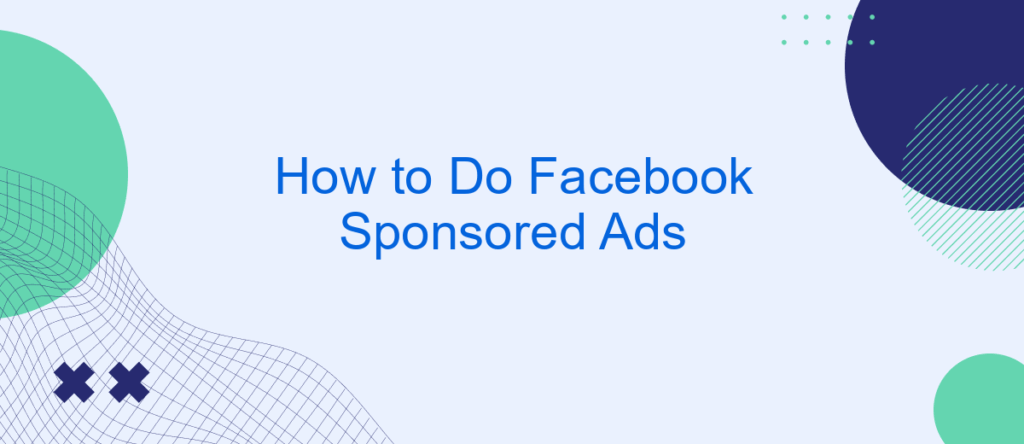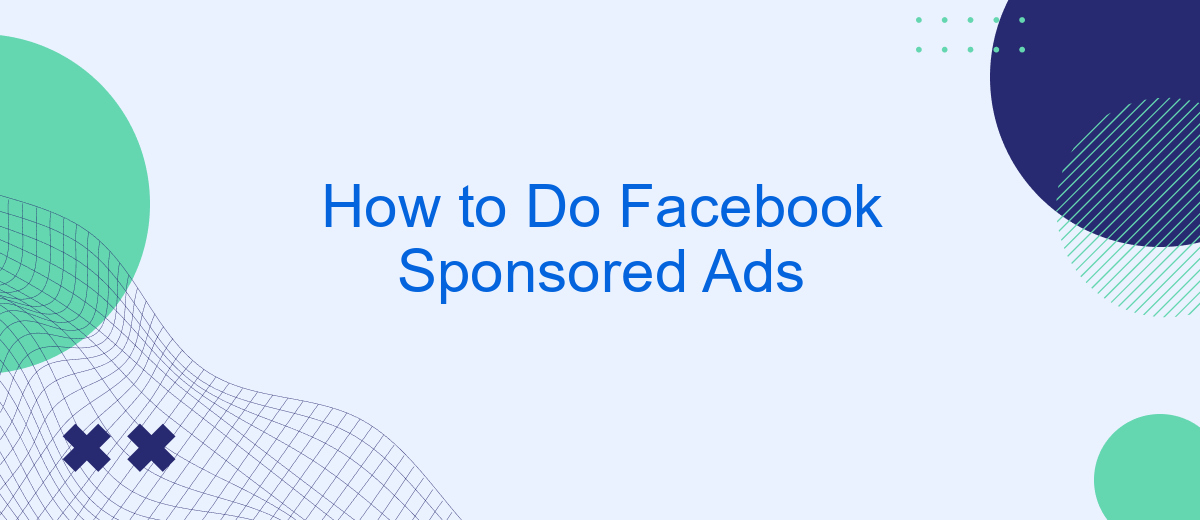
Blocking Facebook Sponsored Ads: A Comprehensive Guide
Facebook, a ubiquitous platform for social interaction and information dissemination, also relies heavily on advertising for revenue. This includes the display of Facebook sponsored ads, which often appear seamlessly integrated within users’ news feeds. While these ads contribute to Facebook’s business model, many users find them intrusive or irrelevant. This article provides a comprehensive guide on various methods to effectively block Facebook sponsored ads, enhancing the user experience and reclaiming control over your online environment. We will explore different tools, techniques, and considerations to help you decide on the best approach for your needs. Understanding how to manage and potentially block these Facebook sponsored ads is increasingly important for users seeking a cleaner, less cluttered experience. As we delve into the options available, remember that the efficacy of each method can vary and Facebook may update its platform in ways that impact ad-blocking capabilities.
Why Block Facebook Sponsored Ads?
There are several compelling reasons why individuals choose to block Facebook sponsored ads:
- Reduced Clutter: Eliminating ads creates a cleaner, more focused news feed, allowing users to concentrate on content from friends, family, and groups they follow.
- Improved User Experience: Fewer ads translate to less distraction and a smoother browsing experience on Facebook.
- Data Privacy Concerns: Some users are wary of the data collection practices associated with targeted advertising and prefer to limit the information Facebook gathers about their online behavior. Blocking ads can reduce the amount of data tracked.
- Relevance Issues: Many Facebook sponsored ads are simply irrelevant to a user’s interests or needs, making them an unwelcome intrusion.
- Faster Loading Times: Ads can sometimes slow down page loading speeds, particularly on mobile devices. Blocking them can contribute to a faster and more responsive Facebook experience.
Methods for Blocking Facebook Sponsored Ads
Several methods exist for blocking Facebook sponsored ads, each with its own advantages and disadvantages:
Ad Blockers
Ad blockers are browser extensions or standalone applications designed to automatically block various types of online advertisements, including Facebook sponsored ads. Popular options include:
- AdBlock: A widely used browser extension available for Chrome, Firefox, Safari, and other browsers. It blocks ads based on predefined filter lists and allows for custom whitelisting.
- Adblock Plus: Another popular ad blocker with similar functionality to AdBlock. It also offers options to allow “acceptable ads” that meet certain criteria.
- uBlock Origin: A lightweight and efficient ad blocker that uses minimal resources. It’s known for its comprehensive filtering capabilities and customizable settings.
How to Use Ad Blockers:
- Install the ad blocker extension from your browser’s app store (e.g., Chrome Web Store, Firefox Add-ons).
- Enable the extension in your browser settings.
- The ad blocker will automatically begin blocking Facebook sponsored ads and other online advertisements.
- Customize the ad blocker’s settings to fine-tune its behavior, such as whitelisting specific websites or enabling additional filter lists.
Browser Settings
Some browsers offer built-in features or settings that can help limit ad tracking and potentially reduce the number of Facebook sponsored ads you see:
- Privacy Settings: Explore your browser’s privacy settings to enable features like “Do Not Track” or limit third-party cookies. These settings may not completely block ads, but they can reduce the amount of personalized advertising you receive.
- Content Blocking: Some browsers have built-in content blocking features that can block certain types of ads and trackers.
Facebook’s Ad Preferences
Facebook allows users to control some aspects of the ads they see through its ad preferences settings. While this won’t completely block Facebook sponsored ads, it can help you reduce the number of irrelevant or unwanted ads:
Accessing Ad Preferences:
- Log in to your Facebook account.
- Click the down arrow in the top-right corner of the screen.
- Select “Settings & Privacy” and then “Settings.”
- Click “Ads” in the left-hand menu.
Managing Ad Preferences:
- Advertisers You’ve Interacted With: View a list of advertisers you’ve interacted with and remove them if you no longer want to see their ads.
- Ad Topics: Customize your ad preferences by selecting topics you’re interested in or excluding topics you’re not interested in.
- Data About You: Control the information that Facebook uses to personalize ads, such as your interests, demographics, and activities.
- Ad Settings: Adjust settings related to ads based on your activity off of Facebook, social actions, and other factors.
Third-Party Apps and Scripts
Some third-party apps and scripts claim to block Facebook sponsored ads. However, it’s essential to exercise caution when using these tools, as they may pose security risks or violate Facebook’s terms of service. Always research the app or script thoroughly and read reviews before installing it. [See also: Understanding Facebook’s Privacy Policies]
Custom CSS (Advanced)
For advanced users, custom CSS rules can be used to hide specific elements on Facebook, including Facebook sponsored ads. This method requires some knowledge of web development and can be more complex to implement.
How to Use Custom CSS:
- Install a browser extension that allows you to inject custom CSS into websites (e.g., Stylus).
- Identify the CSS selectors for the Facebook sponsored ads you want to hide. This can be done using your browser’s developer tools.
- Create custom CSS rules that set the “display” property of those selectors to “none.”
- Apply the CSS rules to Facebook using the browser extension.
Limitations and Considerations
It’s important to note that no ad-blocking method is foolproof. Facebook constantly updates its platform and algorithms, which can sometimes render ad blockers ineffective. Additionally, Facebook may take measures to circumvent ad blockers or penalize users who use them. Furthermore, blocking all ads may inadvertently block legitimate content or features on Facebook.
- Facebook’s Countermeasures: Facebook may employ techniques to bypass ad blockers or make it more difficult to identify and block ads.
- Ad Blocker Updates: Ad blocker developers must constantly update their filter lists and algorithms to keep up with Facebook’s changes.
- Potential Penalties: While it’s unlikely, Facebook could theoretically penalize users who aggressively block ads, such as limiting their access to certain features.
- False Positives: Ad blockers may sometimes block legitimate content or features on Facebook, requiring users to temporarily disable the ad blocker or whitelist the website.
Ethical Considerations
While blocking Facebook sponsored ads is a personal choice, it’s important to consider the ethical implications. Facebook relies on advertising revenue to provide its services for free. By blocking ads, you’re essentially benefiting from the platform without contributing to its financial sustainability. Some argue that it’s unethical to block ads unless you’re willing to pay for a subscription-based alternative.
Conclusion
Blocking Facebook sponsored ads can significantly improve your user experience by reducing clutter, enhancing privacy, and speeding up page loading times. Several methods are available, ranging from simple ad blocker extensions to more advanced custom CSS rules. However, it’s essential to be aware of the limitations and ethical considerations associated with ad blocking. By carefully weighing the pros and cons, you can make an informed decision about whether to block Facebook sponsored ads and which method is best suited to your needs. Remember to regularly update your ad blockers and adjust your Facebook ad preferences to maintain effective ad blocking. Ultimately, the choice of whether or not to block Facebook sponsored ads is a personal one, based on your individual priorities and preferences. [See also: The Future of Online Advertising]

